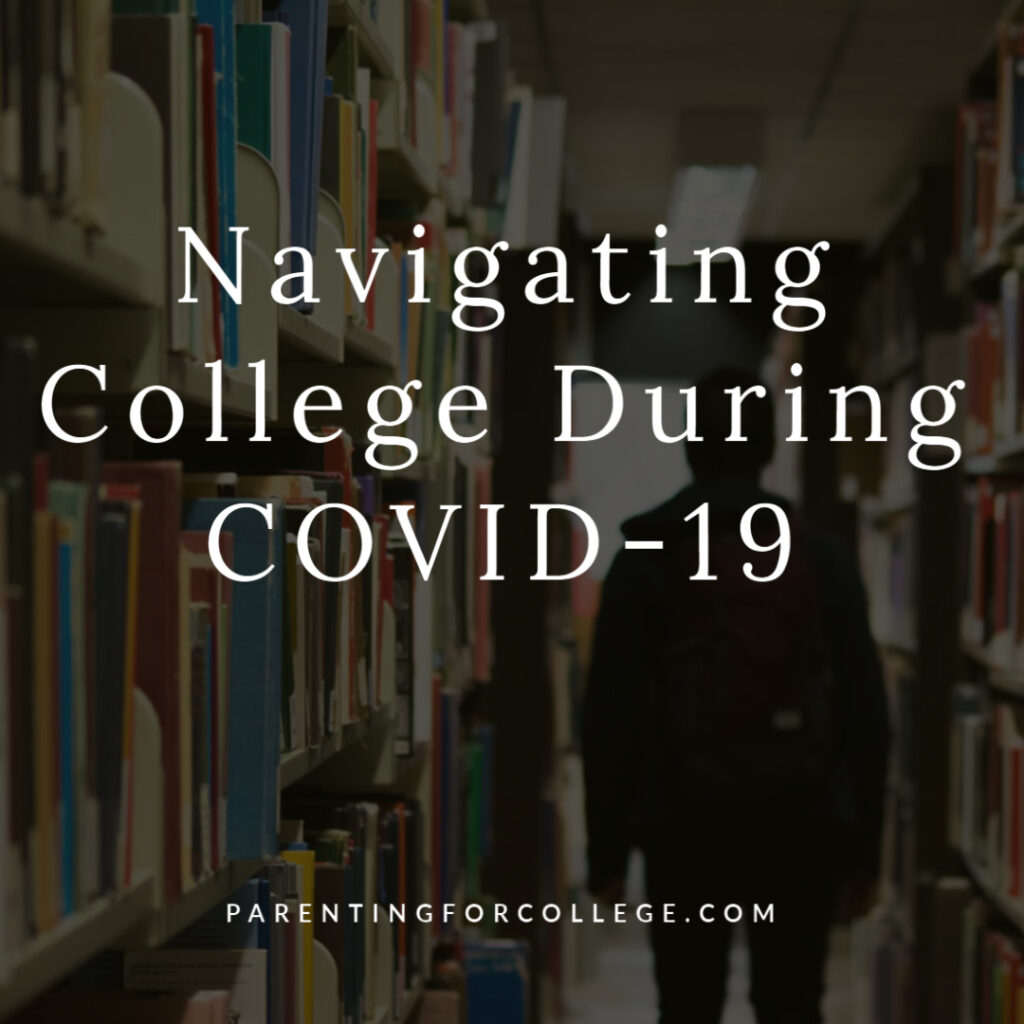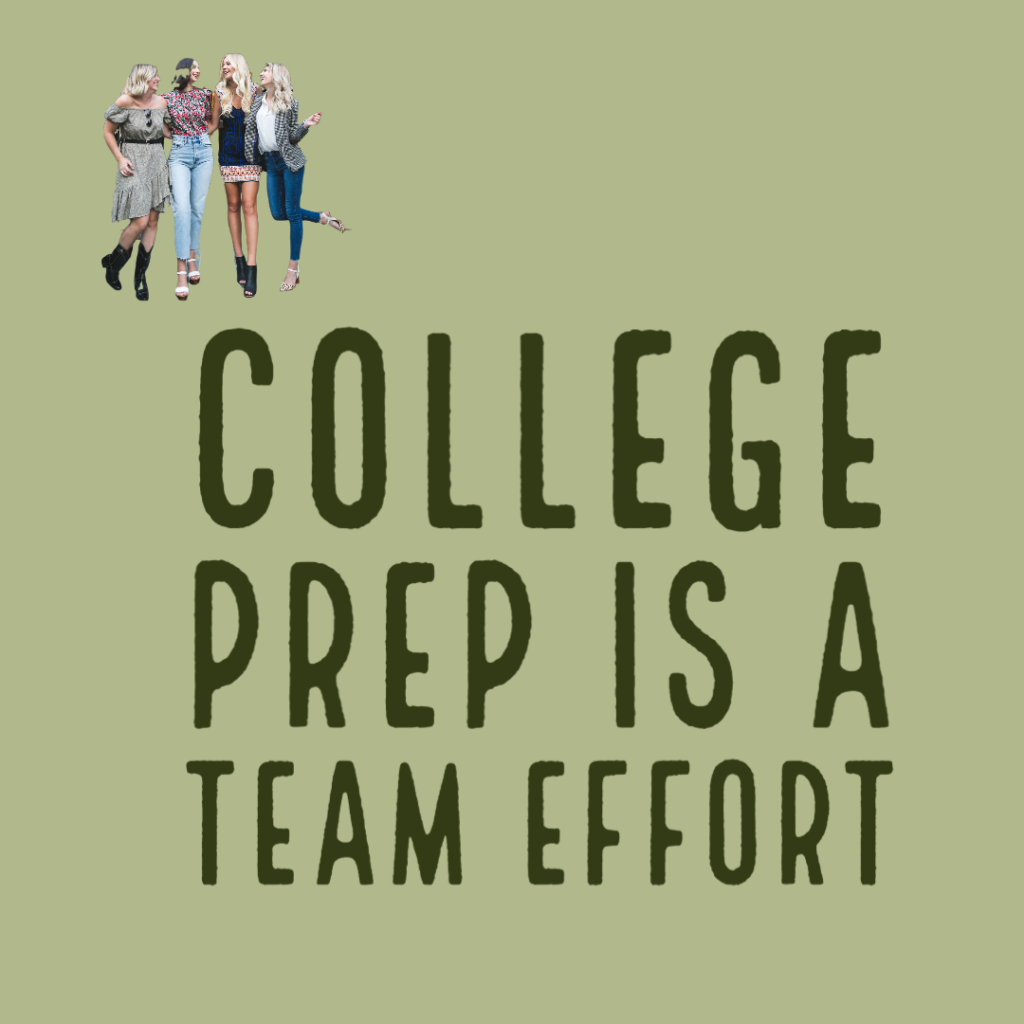
Due to the pandemic, the college admissions system has been forced to adapt.
Last year’s group of graduating high school seniors and soon-to-be college freshman, could not visit colleges due to the nationwide response of sheltering at home to flatten the curve.
In addition, students dealt with problems regarding standardized testing online causing many colleges to eliminate or pause standardized testing requirements. Students will have limited access to traditional extracurricular and volunteer opportunities. In addition, sports programs have been shortened or eliminated at many high schools.
Parents and students are wondering how all these changes will affect the college admissions environment and will it change what colleges expect from this year’s crop of future students.
To answer these questions, The Harvard Graduate School of Education’s Making Caring Common project coordinated with admissions leaders to detail what exactly should be considered in the application process during the school year ahead. After interviewing 315 college admissions professionals, they published a joint statement:
“As admission and enrollment leaders, we recognize that we and the institutions we represent send signals that can shape students’ priorities and experiences throughout high school. This collective statement seeks to clarify what we value in applicants during this time of COVID-19. We are keenly aware that students across the country and the world are experiencing many uncertainties and challenges. We primarily wish to underscore our commitment to equity and to encourage in students self-care, balance, meaningful learning, and care for others.”
These admissions leaders emphasized that students should communicate if and how the coronavirus pandemic has negatively impacted them, including if they have not had access to the internet or a quiet place to study or if they have had increased family responsibilities such as taking care of sick relatives, supervising younger siblings or working to provide family income.
To sum it up, they will value five aspects in the upcoming admissions year: self-care; academic work; service and contributions to others; family contributions; and extracurricular and summer activities.
Following are the specific explanations provided for parents and students from the college admissions professionals outlined in their statement:
Self-care.
Self-care is of high importance, especially in times of crisis. We recognize that many students, economically struggling and facing losses and hardships of countless kinds, are simply seeking to get by. We also recognize that this time is stressful and demanding for a wide range of students for many different reasons. We encourage all students to be gentle with themselves during this time.
Academic work.
Your academic engagement and work during this time matters to us, but given the circumstances of many families, we recognize that you may face obstacles to academic work. We will assess your academic achievements in the context of these obstacles. In addition, we will assess your academic achievements mainly based on your academic performance before and after this pandemic. No student will be disadvantaged because of a change in commitments or a change in plans because of this outbreak, their school’s decisions about transcripts, the absence of AP or IB tests, their lack of access to standardized tests (although many of the colleges represented here don’t require these tests), or their inability to visit campus. We will also view students in the context of the curriculum, academic resources, and supports available to them.
Service and contributions to others.
We value contributions to one’s communities for those who are in a position to provide these contributions. We recognize that while many students are not in this position because of stresses and demands, other students are looking for opportunities to be engaged and make a difference. This pandemic has created a huge array of needs, whether for tutoring, contact tracing, support for senior citizens, or assistance with food delivery. We view responding to these needs as one valuable way that students can spend their time during this pandemic.
We also value forms of contribution that are unrelated to this pandemic, such as working to register voters, protect the environment, combat racial injustice and inequities or stop online harassment among peers. Our interest is not in whether students created a new project or demonstrated leadership during this period. We, emphatically, do not seek to create a competitive public service “Olympics” in response to this pandemic. What matters to us is whether students’ contribution or service is authentic and meaningful to them and to others, whether that contribution is writing regular notes to frontline workers or checking in with neighbors who are isolated.
We will assess these contributions and service in the context of the obstacles students are facing. We also care about what students have learned from their contributions to others about themselves, their communities, and/or their country (Please see Turning the Tide for additional information about the kinds of contributions and service we value). No student will be disadvantaged during this time who is not in a position to provide these contributions. We will review these students for admissions in terms of other aspects of their applications.
Family contributions.
Far too often there is a misperception that high-profile, brief forms of service tend to “count” in admissions while family contributions—which are often deeper and more time-consuming and demanding—do not. Many students may be supervising younger siblings, for example, or caring for sick relatives or working to provide family income, and we recognize that these responsibilities may have increased during these times. We view substantial family contributions as very important, and we encourage students to report them in their applications. It will only positively impact the review of their application during this time.
Extracurricular and summer activities.
No student will be disadvantaged for not engaging in extracurricular activities. We also understand that many plans for summer have been impacted by this pandemic, and students will not be disadvantaged for lost possibilities for involvement. Potential internship opportunities, summer jobs, camp experiences, classes, and other types of meaningful engagement have been cancelled or altered. We have never had specific expectations for any one type of extracurricular activity or summer experience and realize that each student’s circumstances allow for different opportunities. We have always considered work or family responsibilities as valuable ways of spending one’s time, and this is especially true at this time.









